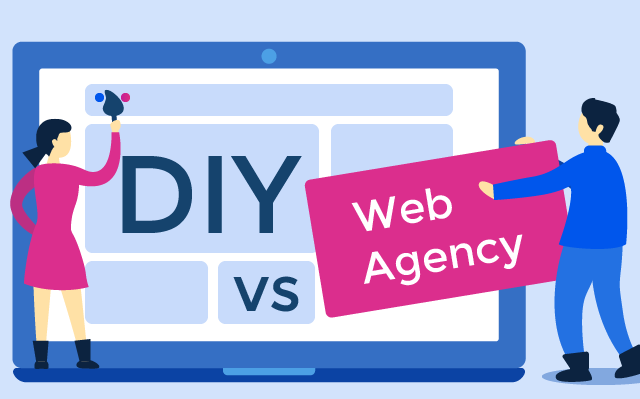In the online world, everything changes quickly, and when it comes to security there is always a risk.
We may not like the fact that we’re never going to be secured online, but what we can do is minimize the risks.
Usually, users tend to blame the service, the platform, or program, or whoever else they can put blame on and in these situations, for many the blame is on WordPress.
To stay on top of security monitoring, apart from the obvious – protecting the site, detecting a treat and having a recovery plan is what one should consider even more.
#Limit login attempts
Limiting login attempts is a good option in case of a hacker or a bot attempt to crack your password.
Well-known Limit Login Attempts plugin does the work, but the downside is that it hasn’t been updated for almost two years.
Login Security Solution is good to enforce password strength, and then there is LoginLockDown that limits the maximum login retries to three with time period restriction effects within 5 minutes. Finally, Wordfence, a security WordPress plugin, which also scans your blog checking for vulnerabilities and code changes with a great deal of information on visitors, attackers, and more.
Although it may seem as a story repeated a thousand times, no conscious blogger should use free themes.
Most of the free themes have security vulnerabilities, contain hidden codes, very often cause compatibility problems, are almost never updated, lack proper SEO, and finally, no technical or customer support.
On the other hand, not every blogger can go for a premium, and if so, at least one should check for hidden, malicious code in it.
#Outdated Version of the Website
Outdated version of WordPress is one of the greatest dangers and biggest security vulnerabilities.
Although WordPress updates very often, and users can easily install security patches, this doesn’t apply for plugins or themes. Inactivated, unused or redundant plugins are a major way for hackers, and malware, causing the website to break.
By deactivating inactive plugins the security issue is not solved, plugins need to be deleted entirely.
#Back Up Goes Hand in Hand With WordPress Security
The importance of baking up the website cannot be emphasized enough; this isn’t something one can put off. Attacks are unexpected, thus you may never know when you will have to restore your website. The safest way is to have your data backed up automatically, thus a plugin such as WordPress Backup to Dropbox is a good option because it schedules regular automatic backups. Everything else one should know about back up is already in the WordPress Codex.
Finally, there is a short list of security plugins:
- Wordfence – a free WordPress security plugin, favorite amongst WordPress users, that will scan your entire website.
- iThemes Security Pro – top security plugin with over 2 million downloads that offers a wide range of security features.
- WebsiteDefender WordPress Security – a free security tool with suggestions for strengthening your passwords, securing files, securing the database, and more.
- All In One WordPress Security & Firewall – a free plugin with extra security with the firewall.
- BulletProof Security – a plugin that protects your site via .htaccess filters.
The last security measure to protect the website is to consider these questions next time you think of downloading a plugin.
- Can I trust plugins that are not in Plugin Directory?
- Is this plugin going to cause conflicts with other plugins I am using?
- Is this plugin hurting the performance of my website?
As the most popular content management system – free, Google likable and completely customizable, WordPress is not flawless. It is not very often people allow someone qualified to manage their website, and they end up with significant damage not only to their website but also to their profit and business.
It is not only about WordPress security, but rather making it a habit to question other security issues that poor passwords or server vulnerabilities often may cause. You also need to think about protecting your user’s data and privacy.
Security may also be the matter of how you wish your website to be, hard to use but locked down, or simple to use yet more prone to attacks.



